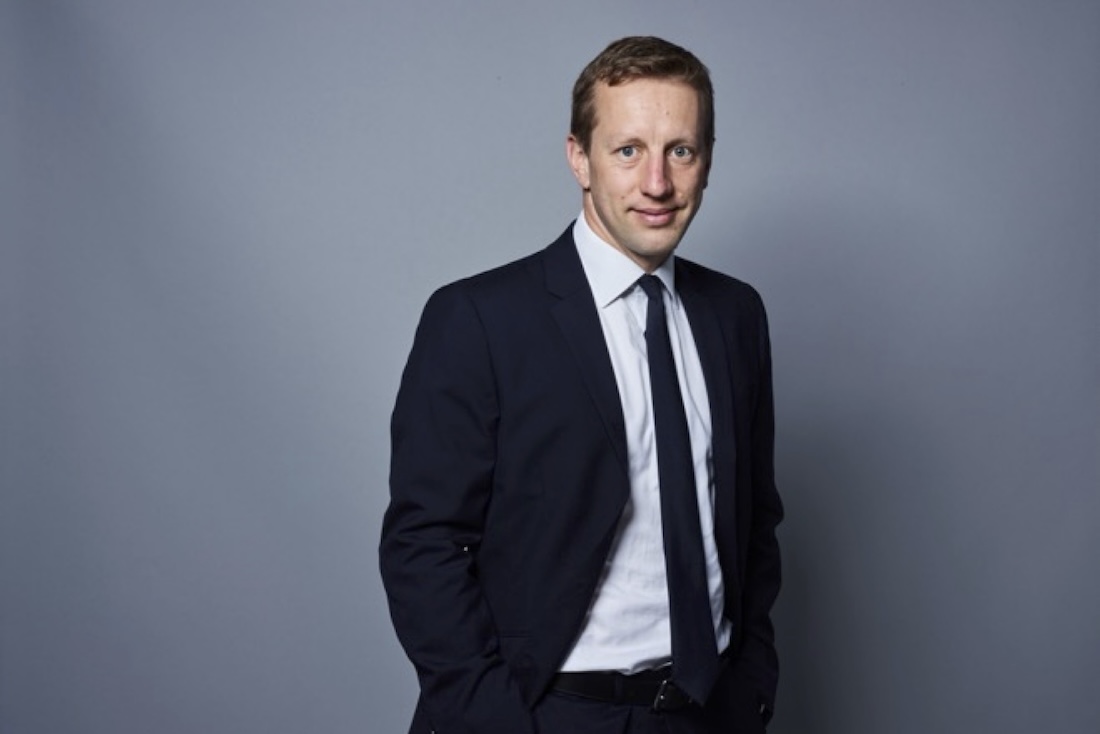When your target market is retail investors seeking an alternative source of fixed income in a world where traditional bonds offer little in the way of return – as was the case post global financial crisis – the hikes in interest rates since 2021 brought unwelcome change.
This was the situation in which Gravis Capital found itself having provided long income to retail investors via infrastructure, property and clean energy assets. Founded in 2008, Gravis Capital has grown to become an investment house with GBP3 billion in assets under management, having been one of the first movers into some of the assets that are proving central to the UK’s green transition and levelling up ambitions.
The asset manager’s flagship fund, GCP infrastructure investments, for example is an investment trust with 63 per cent of capital allocated to renewables, one-quarter to private finance initiatives and public private partnerships, while the remaining 12 per cent is invested in social housing.
Philip Kent, Gravis Capital’s CEO, says: “One of the differentiators for that fund is it’s been a first mover into a number of sectors that have evolved and benefited from UK government support. We were one of the first investors in rooftop solar, in ground mounted solar and wind. Our USP is our long track record of getting into sectors before they become mainstream.”
It has been a successful approach that saw it grow the trust’s assets under management to GBP1 billion. However, as central banks took action to stem rising inflation, subsequent increases in interest rates saw bonds, money market funds and other low risk investment options return to the fore for retail investors.
Kent says this drove the firm to seek new sources of capital from institutional clients.
“Institutions tend to be stickier in their allocations. In contrast, for wealth and retail investors infrastructure or renewables are typically used as an alternative source of income. If they can get the same returns from a bond, they will likely turn to those just in terms of lower risk or for simplicity.”
Kent says Gravis is well placed to cater to institutional investors since the manager launched two listed funds – the VT Gravis UK Infrastructure Income Fund and the VT Gravis Clean Energy Income Fund – which appeal to those with specific governance requirements.
“The level of disclosure, reporting and corporate governance we have to apply to those structures is high relative to what is needed in the private markets. We are well placed to take the jump to institutional investors,” Kent says
Gravis is also bolstered by a 70 per cent share ownership by Japanese fund manager Orix which took a majority stake the boutique manager house in February 2021, affording it the resources of a much larger organisation, but one that shares a focus on sustainable investment.
Kent says: “Orix brings lots of different things to our business. They are a big investor themselves in energy and the environmental space. They want to be a global leader investing in those sectors.”
Defined contribution (DC) pension funds are a notable target for Gravis as the sector becomes the focus for what incoming UK Chancellor Rachel Reeves calls a “landmark review to boost investment, increase saver returns and tackle waste in the pensions system”.
Central to the review will be increasing DC investment in private markets.
Kent says. “We see the opportunity there but getting the structure right is going to be the key thing. The Long-Term Asset Fund (LTAF) is obviously the structure that has been designed to [help DC investors allocate to private markets], and we are looking at the extent to which we can be a partner with others on LTAFs.”
Gravis’ interest in LTAFs reflects a wider move by the industry towards these vehicles. This month the DC Investment Forum released research that reveals one DC platform is “in touch with 20-30 investment managers which are at various stages of developing LTAFs”.







